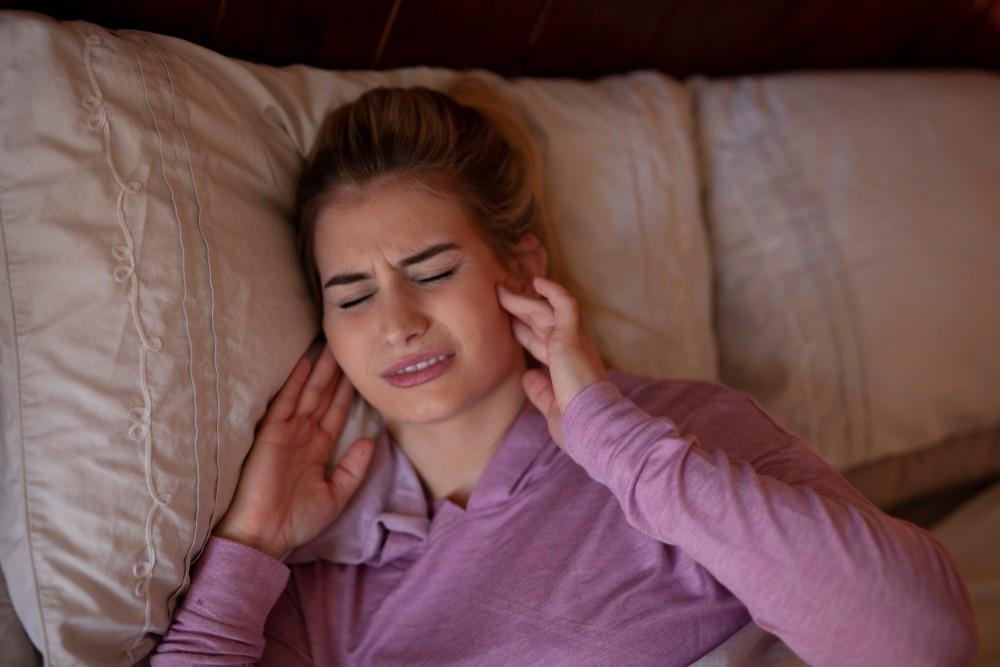Temporomandibular joint disorders are a group of disorders involving the masticatory muscles, the temporomandibular joint (TMJ), and linked structures. As many as 12 million Americans suffer from a TMJ disorder, suffering jaw and other pain that can linger and worsen over time.
The board-certified dentists at Trident Dental in Houston, TX, are experts in diagnosing and treating TMJ disorders. Here, they break down everything you need to know about recognizing and treating these common disorders.
TMJ disorder explained
The temporomandibular joints are the two joints located in front of your ears. These joints act like complex hinges that connect your skull to your lower jawbone.
Through carefully choreographed coordination with ligaments and muscles in the face and neck, discs, and the jaw and mandible bones, the TMJs execute actions like yawning, chewing, speaking, chewing, and swallowing.
Issues with the TMJ or the muscles controlling the jaw disrupt proper movement.
Diagnosing and treating a TMJ disorder can be tricky because many TMJ disorder symptoms are common to other unrelated issues.
Symptoms of a TMJ disorder
Here are the most common symptoms:
1. Headache or neck pain
The symptoms of a TMJ disorder differ from patient to patient, which makes an examination and X-rays important in confirming a diagnosis. For some, pain radiates from the jaw or within the face and neck muscles. Others describe it as a headache radiating from behind their eyes.
2. Earaches or tinnitus
Because temporomandibular joints are in such close proximity to the auditory canal, it’s no surprise that earaches are also a fairly common symptom. Some sufferers may also experience a ringing sound, also known as tinnitus.
3. Clicking or popping sound when opening or closing the mouth
Another sign of a TMJ disorder is hearing a popping, clicking, or grating sound when you open or close your mouth. Sometimes, the sound can be loud enough for someone next to you to hear it. A disc shifting inside the temporomandibular joint is the source of the actual sound.
4. Trouble opening your mouth wide
Some patients with a TMJ disorder experience limited jaw function and have difficulty opening their mouths wide. Activities like brushing your teeth or eating foods that require you to open your mouth wide may be challenging.
5. Jaws get stuck in an opened or closed position
Others with a TMJ disorder suffer limited jaw movement or a locked jaw in which the jaw seems stuck in an open or closed position.
How to alleviate your TMJ disorder symptoms
At Trident Dental, our dentists create custom nightguards to wear while you sleep. These devices are thin, transparent, and totally comfortable because they’re designed just for you. They fit over your teeth’ biting surface, preventing your top and bottom teeth from touching.
If you have ongoing jaw pain or think you may be suffering from a TMJ disorder, call or click here to schedule your next appointment at Trident Dental.

